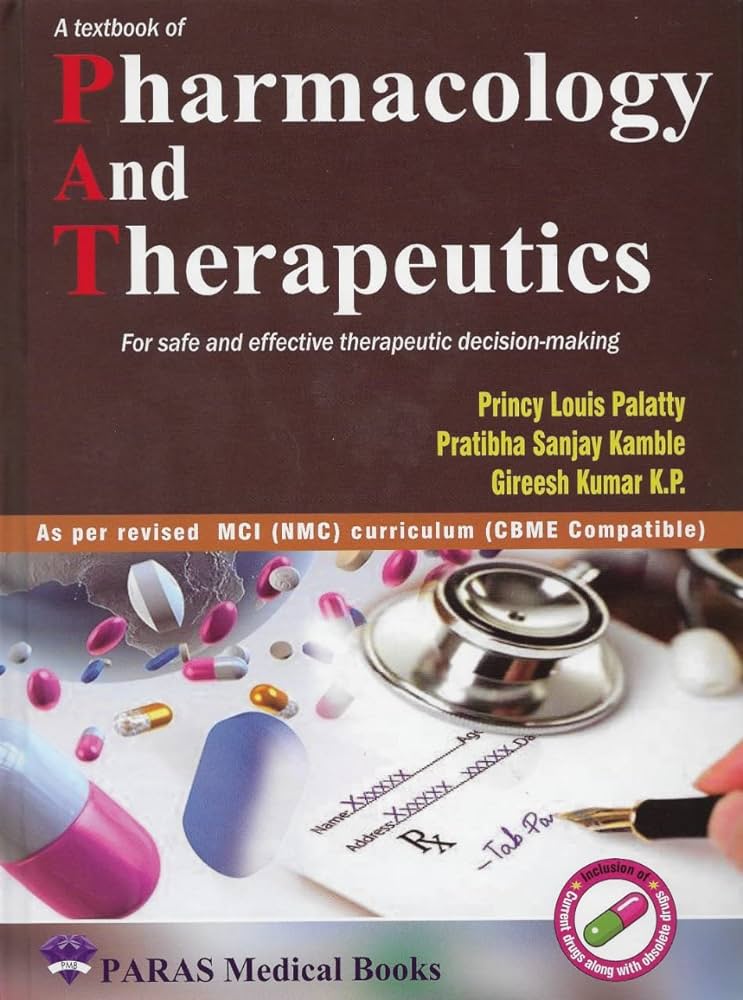Investigation into biased signaling, glycosylation, and drug vulnerability of acute myeloid leukemia
IF 12.5
1区 医学
Q1 PHARMACOLOGY & PHARMACY
引用次数: 0
Abstract
Understanding and harnessing biased signaling offers significant potential for developing novel therapeutic strategies or enhancing existing treatments. By managing biased signaling, it is possible to minimize adverse effects, including toxicity, and to optimize therapeutic outcomes by selectively targeting beneficial pathways. In the context of acute myeloid leukemia (AML), a highly aggressive blood cancer characterized by the rapid proliferation of abnormal myeloid cells in the bone marrow and blood, the dysregulation of these signaling pathways, particularly those involving G protein-coupled receptors (GPCRs) and receptor tyrosine kinases (RTKs), significantly contributes to disease progression and therapeutic resistance. Traditional therapies for AML often struggle with resistance and toxicity, leading to poor patient outcomes. However, by exploiting the concept of biased signaling, researchers may be able to design drugs that selectively activate pathways that inhibit cancer cell growth while avoiding those that contribute to resistance or toxicity. Glycosylation, a key post-translational modification (PTM), plays a crucial role in biased signaling by altering receptor conformation and ligand-binding affinity, thereby affecting the outcome of biased signaling. Chemokine receptors like CXCR4, which are often overexpressed and heavily glycosylated in AML, serve as targets for therapeutic intervention. By externally inducing or inhibiting specific PTMs, it may be possible to further refine therapeutic strategies, unlocking new possibilities for developing more effective and less toxic treatments. This review highlights the importance of understanding the dynamic relationship between glycosylation and biased signaling in AML, which is essential for the development of more effective treatments and overcoming drug resistance, ultimately leading to better patient outcomes.
急性髓性白血病的偏倚信号、糖基化和药物易感性的研究。
理解和利用偏倚信号为开发新的治疗策略或加强现有治疗提供了巨大的潜力。通过管理偏倚信号,可以最大限度地减少包括毒性在内的不良反应,并通过选择性地靶向有益途径来优化治疗结果。急性髓系白血病(AML)是一种高度侵袭性的血癌,其特征是骨髓和血液中异常髓系细胞的快速增殖,这些信号通路的失调,特别是涉及G蛋白偶联受体(gpcr)和受体酪氨酸激酶(RTKs)的信号通路的失调,显著促进了疾病进展和治疗耐药性。AML的传统治疗方法经常与耐药性和毒性作斗争,导致患者预后不佳。然而,通过利用偏倚信号的概念,研究人员可能能够设计出选择性激活抑制癌细胞生长的途径的药物,同时避免那些有助于抵抗或毒性的途径。糖基化是一种关键的翻译后修饰(PTM),通过改变受体构象和配体结合亲和力,在偏倚信号传导中起着至关重要的作用,从而影响偏倚信号传导的结果。趋化因子受体如CXCR4,在AML中经常过度表达和严重糖基化,可作为治疗干预的靶点。通过外部诱导或抑制特异性ptm,有可能进一步完善治疗策略,为开发更有效、毒性更低的治疗方法提供新的可能性。这篇综述强调了理解AML中糖基化和偏倚信号之间的动态关系的重要性,这对于开发更有效的治疗方法和克服耐药性至关重要,最终导致更好的患者预后。
本文章由计算机程序翻译,如有差异,请以英文原文为准。
求助全文
约1分钟内获得全文
求助全文
来源期刊
CiteScore
23.00
自引率
0.70%
发文量
222
审稿时长
90 days
期刊介绍:
Pharmacology & Therapeutics, in its 20th year, delivers lucid, critical, and authoritative reviews on current pharmacological topics.Articles, commissioned by the editor, follow specific author instructions.This journal maintains its scientific excellence and ranks among the top 10 most cited journals in pharmacology.

 求助内容:
求助内容: 应助结果提醒方式:
应助结果提醒方式:


